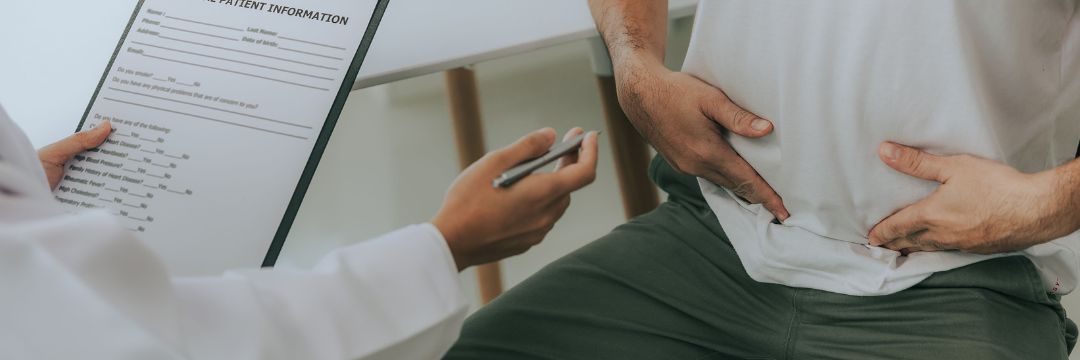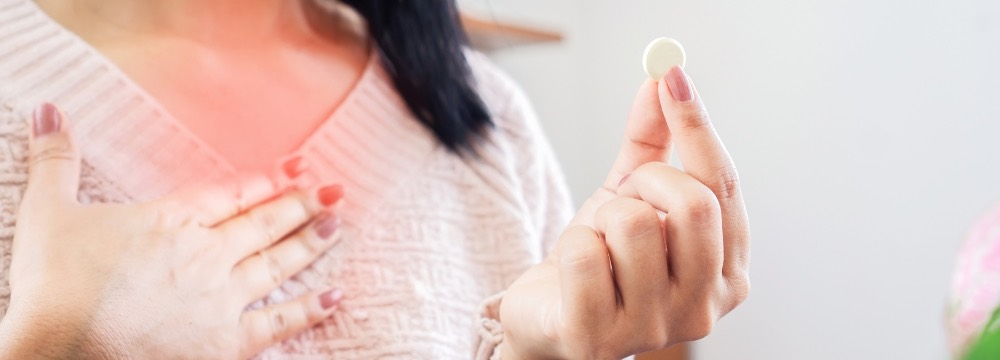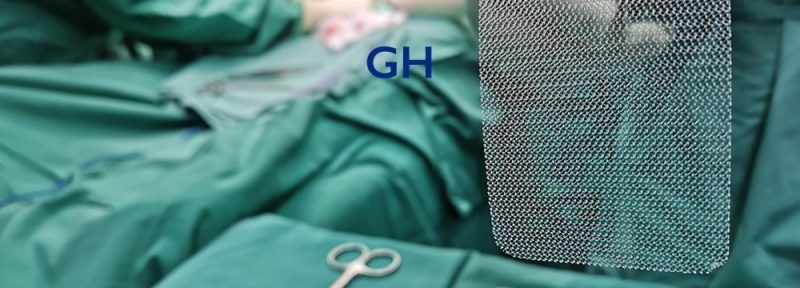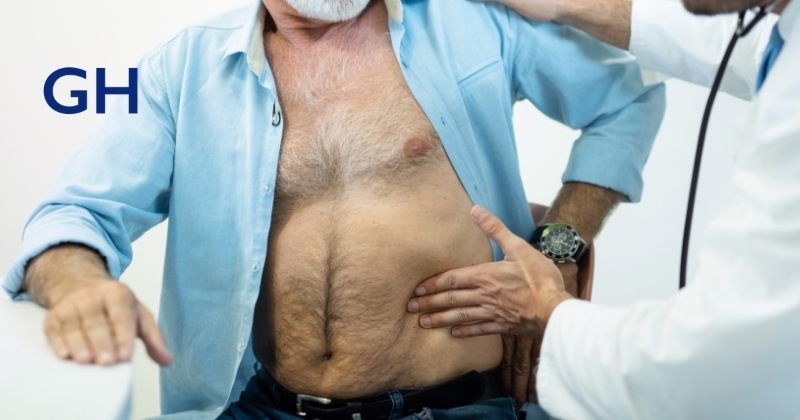GERD
Proton Pump Inhibitors (PPIs) are often very appropriate and effective for measurable acidic Gastroesophageal Reflux Disease GERD. PPI use may be less appropriately prescribed in situations of functional dyspepsia (where recurrent indigestion has no apparent cause) and where motility problems of the GI tract may be responsible for heartburn symptoms often overlapping with symptoms of actual acidic GERD. Allergic esophagitis may also mimic GERD, and treatment with PPIs may have been attempted.
PPI Therapy
One-time and up to moderate-term (approximately three months) PPI use may be sufficient to handle acute symptoms of GERD caused by eating spiced or rich foods and even as part of therapy to treat h. pylori – abnormal bacteria in the stomach that can cause gastritis, gastric ulceration, and stomach upset. Additionally, a preventative prescription may be offered to prevent gastritis due to stress and/or for short-term or chronic anti-inflammatory regimens, including NSAIDs and corticosteroid use.
Long-Term PPI Therapy
Moderate to longer-term PPI use may be prescribed when chronic/recurrent peptic ulcers are found during an endoscopy or when Barrett’s Esophagitis and erosive esophagitis or gastritis is identified. When hiatal or paraesophageal hernias are identified by endoscopy and/or radiological study and suspected of esophagitis or GERD symptoms, PPIs may be given in the moderate to long term. This is typically to offer comfort for gastritis or ulcers, while surgical repair options may be considered if surgery is not recommended for various reasons. However, PPIs are not definitive treatments for any structural or mechanical GERD.
Long-Term PPI Side Effects
While there are some potential uses, long-term PPI use generally comes with risk. Side effects of PPIs include inhibiting the absorption of nutrients like protein, iron, calcium, and B12. Extended PPI use almost always results in moderately elevated gastrin blood levels, which then subside relatively quickly when PPI therapy ends but may correlate with untreated h pylori bacteriosis. There is also a correlation between longer-term PPI usage and increased risk of bone fracture.
Surgical Treatment of GERD
Surgical repair of hiatal and paraesophageal hernias, usually in addition to a fundoplication to strengthen the Lower Esophageal Sphincter, can be up to 95% effective in the resolution of measurable GERD. Indeed, this can be a definitive treatment for severe GERD in most patients that are candidates for invasive intervention.
If you are experiencing chronic acid reflux and would like to explore an alternative to long-term PPI use or if your doctor told you that your PPI use may put you at higher risk of certain conditions, schedule a consultation with Dr. Higa to learn more about it and your surgical options.







